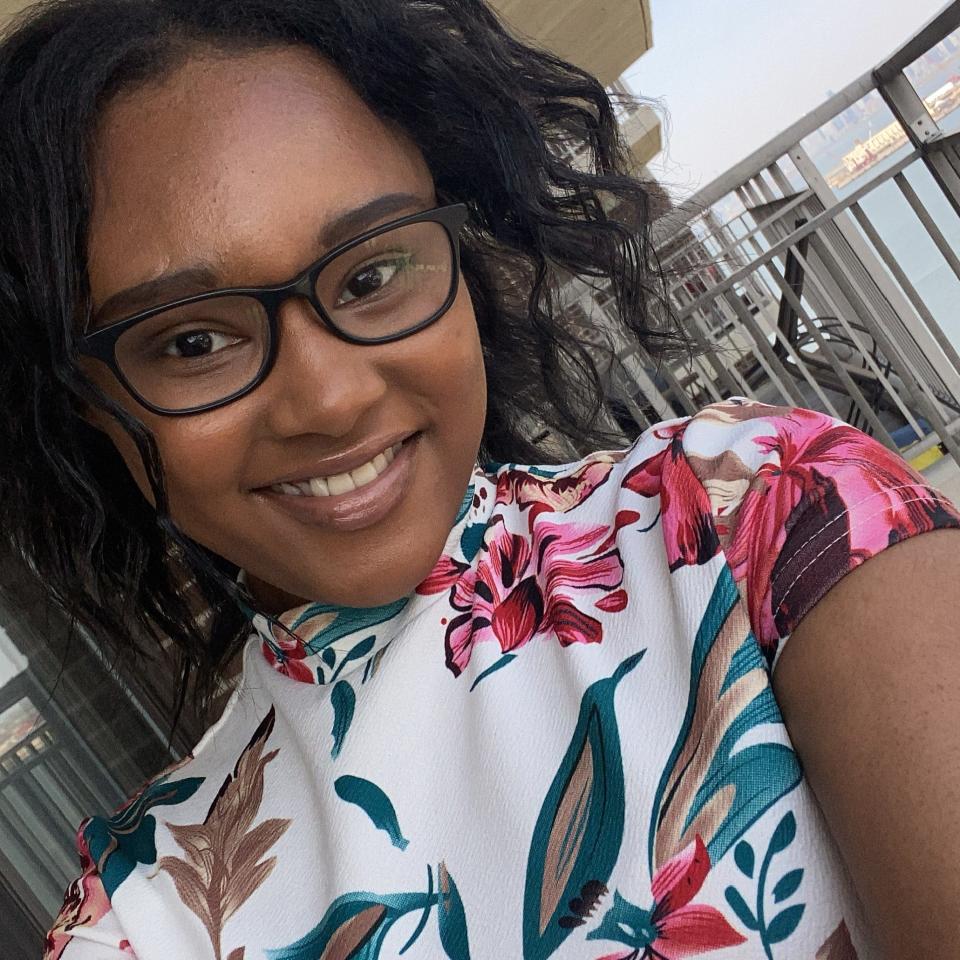My school forced me into special education. Now, I am going to college.
I was in third grade when I was first told I wasn’t smart enough.
Simply because I didn’t pass a standardized test, I was labeled with a learning disability and forced into a special education program. I remember crying on my mom’s shoulders as she was told I had to stay in this program for the rest of my K-12 career.
As a young girl of color, I felt my future crumbling before me.
Thanks to a high school counselor and a mentor, that outlook has changed and my future has never looked brighter. I’m even on a path to launch my own start-up for fashion designers.
But as I applied to colleges this year to pursue a degree in economics, those same doubts from my youth returned. The college application process is a minefield of barriers and frustrations for students of color. And it needs to change.
As I researched universities, it became clear that several schools I would have liked to apply to presented road blocks, especially because of a lack of diversity among students. With the amount of time it takes to complete an application, I had to prioritize universities where I would not feel uncomfortable because of the color of my skin.
Race also loomed large when it came to standardized tests. Although a growing number of universities are now test optional, many more still require applicants to submit their test scores.

According to Brookings, Black Americans score 75% below whites on almost every standardized test. There’s a reason for this disparity, and it starts with the systemic oppression students of color face almost every day from the moment they step foot in the classroom.
Standardized tests don't reflect ability
A student’s ability to take a standardized test is not a reflection of their intelligence, but that poor performance was the only reason I was placed in a special education program in third grade.
These programs are critical for students who need them and, throughout my time in the program, I did see students changed for the better. But when I saw my white classmates perform just as poorly without joining me in the program, it was easy to feel I was less intelligent than them.
That perception shifted in high school when a guidance counselor had me removed from special education. Suddenly, I was on the honor roll and excelling in my classes.

It seemed like the sky was the limit. But as I saw well-meaning college admissions officers struggle to understand my experience and had to cross off dream schools from my list, I became discouraged again. Thankfully, this time I had support.
Despite the roadblocks in my way, I’ve had some wins during the college admissions process. I’m on the waitlist for a number of prestigious universities and have applications pending for others, including some Ivy Leagues.
Mentor helped me to succeed
I can trace this success back to mentorship. I was matched with my mentor Ashleigh, in eighth grade through Big Brothers Big Sisters of New York City. She has helped me navigate the ups and downs of my life ever since.
A few months before I took the SAT, Ashleigh said she would pay for a practice course because the test can determine your future. My parents could not afford to pay for the Princeton Review SAT Essential Course. Without this assistance I would have to cross off even more schools from my list.
Imagine what students of color could achieve if they all had access to a mentor like Ashleigh. That alone could make this process more forgiving.
My experience applying to colleges this year is a microcosm of what most students of color experience in the education system. I have been lucky enough to have the support of an amazing mentor and a strong support system, but not all students are so fortunate.
I hope that, by reading about my experience, more schools will take action to make this process much friendlier to students of color so true diversity can be represented on our college campuses.
Kalea Archer is a senior at Curtis High School in Staten Island, New York.
You can read diverse opinions from our Board of Contributors and other writers on the Opinion front page, on Twitter @usatodayopinion and in our daily Opinion newsletter. To respond to a column, submit a comment to letters@usatoday.com.
This article originally appeared on USA TODAY: Why college admissions is a minefield for students of color

 Yahoo Movies
Yahoo Movies 
